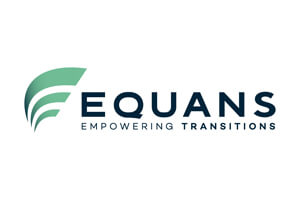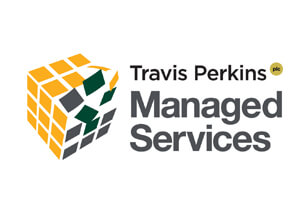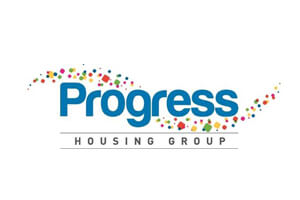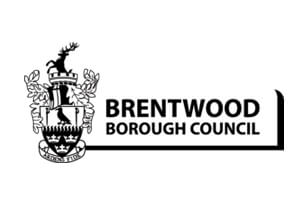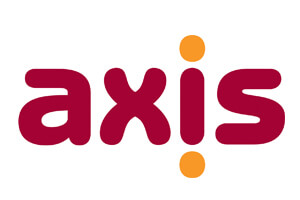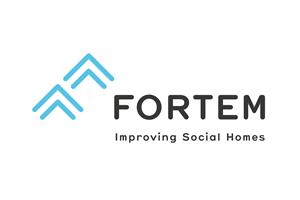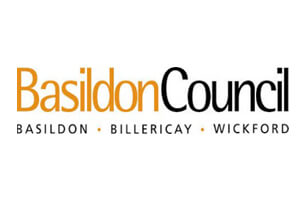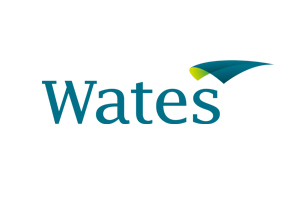Exploring Competitive Flexible Procedure and debrief best-practice under the new Procurement Act
Over 500 procurement professionals joined us for our most recent Procurement Friday session, delivered by Procurement Law expert Kieran McGaughey.
The session, hosted by Echelon Improvement Partnerships, focused on the new competitive flexible procedure along with how procurement professionals can debrief appropriately under the new Procurement Act.
Competitive Flexible Procedure: an overview
Kieran began the session with an overview of the new Competitive Flexible Procedure. He explained its practical application, the stages it might contain, and the importance of proportionality and transparency.
The new procedure has a variety of potential benefits and risks – on one hand, it provides an opportunity for innovation and bespoke procurement outcomes, but on the other, there is a risk of overcomplicating the procurement process and underestimating the time and effort involved.
With open procedure still on the table, how do you choose between the two? According to Kieran, there are several factors to consider when choosing which procurement procedure to use. This includes the complexity of the requirement, the number of bidders, and the internal capacity and capability.
There are five steps for success when using Competitive Flexible Procedure, explained Kieran. These are: consider its appropriateness, plan the process carefully, tell the market what you will do, follow through with your plan, and evidence your actions – crucial advice that many of the day’s delegates will implement in their own practices.
The government’s Procurement Pathway, which is designed to guide public sector Contracting Authorities through the commercial lifecycle, provides several templates and guidance on the new Competitive Flexible Procedure. Kieran advised the group to explore the resources on the website and use them in conjunction with the appropriate procurement legislation to support them through the process.
Debriefs and assessment summaries
“How should suppliers be notified after the participant stage?”. This question, proposed by Echelon Group CEO Mathew Baxter, led to another key focus point of the session. While assessment summaries are valuable for providing structured feedback, their necessity depends on the specific stage of the procurement, explained Kieran. Strictly speaking only the final assessment stage requires a full assessment summary under the Act. However, he proposed that intermediate assessments resulting in provisional scores should also contain a suitable degree of feedback.
As the session continued, Kieran also explored the importance of providing detailed debriefs to bidders at the final stage and explained the new requirements under the Procurement Act. He emphasised the need for a robust template assessment summary and the importance of providing meaningful feedback to bidders.
Bidder feedback
Feedback is essential for both successful and unsuccessful suppliers, a point that Kieran and Mathew were keen to highlight to attendees. Kieran also stressed that businesses advancing to later stages should receive constructive insights to help them refine their bids further.
This exploration of feedback to bidders also led to a discussion on the evolving procurement standards in social housing, with Mathew revealing future plans for a Procurement Toolkit, co-developed with Echelon Consultancy and national tenant body Tpas, which will help clarify the role of tenants in procurement decisions.











